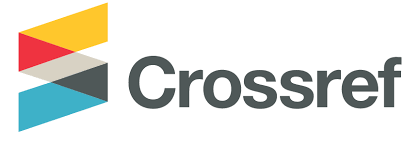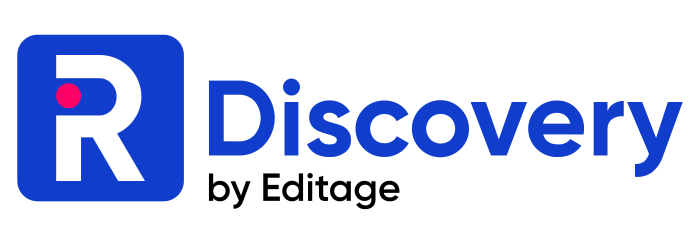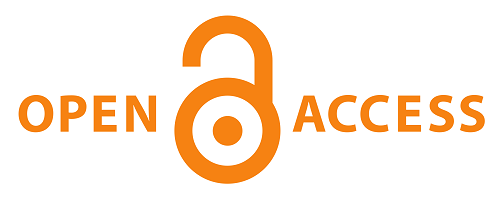Plagiarism Policy
Plagiarism Policy of the Journal of Taiji Science (JTS)
1. Commitment to Originality
The Journal of Taiji Science (JTS) is committed to publishing only original work that has not been published or submitted elsewhere. Plagiarism in any form—whether verbatim copying, paraphrasing without attribution, or self-plagiarism—is considered unethical and unacceptable.
Authors submitting to JTS must ensure that their manuscript is entirely original, and where others' work or words are used, appropriate citation and credit are provided. All authors must take full responsibility for the content of their submissions.
2. Definition of Plagiarism
Plagiarism includes, but is not limited to, the following:
-
Direct plagiarism: Copying another’s work word-for-word without attribution.
-
Mosaic plagiarism: Quoting or paraphrasing from various sources without proper acknowledgment.
-
Self-plagiarism: Reusing substantial parts of one’s own previously published work without citing the original.
-
Image plagiarism: Using data, figures, or photographs from another source without permission or proper credit.
-
Data fabrication or manipulation: Altering or inventing data, results, or citations.
3. Plagiarism Screening
All manuscripts submitted to JTS will be checked for plagiarism using professional plagiarism detection software (e.g., iThenticate, Turnitin, or comparable tools). Editorial decisions may be withheld until screening is complete.
4. Editorial Actions and Consequences
If plagiarism is detected at any stage (pre- or post-publication), the journal will take the following actions depending on the severity:
-
Minor overlap (under 10%, properly cited): A revision will be requested before peer review.
-
Moderate plagiarism (10–25%, some uncited): The manuscript will be returned to the authors with a request for major revision and proper attribution.
-
Severe plagiarism (25% or more, or intentional misconduct): The submission will be rejected or retracted (if already published), and the authors may be blacklisted from future submissions. The authors' institution or funding agency may also be notified.
5. Author Responsibility
By submitting to JTS, authors affirm that:
-
The submission is their original work;
-
All sources are cited accurately and transparently;
-
Permissions have been obtained for all reused or adapted material;
-
They understand the journal’s zero-tolerance policy on plagiarism.
6. Post-Publication Misconduct
In cases where plagiarism is identified after publication, the journal reserves the right to retract the article and publish a retraction notice in accordance with COPE guidelines.












